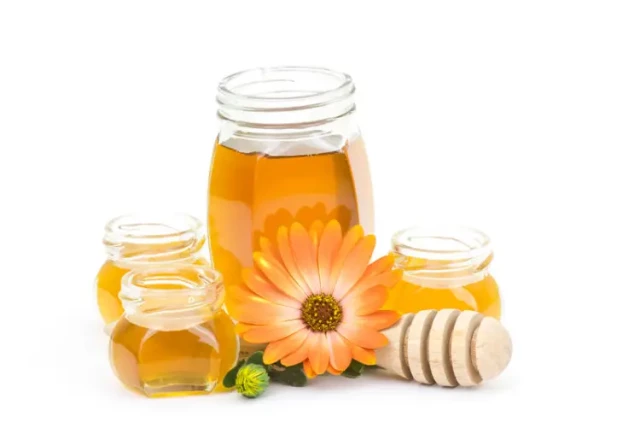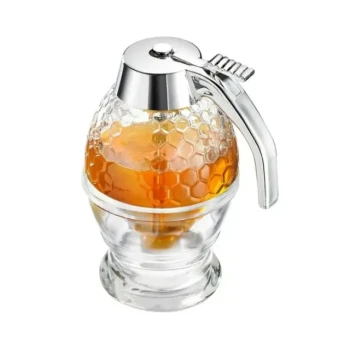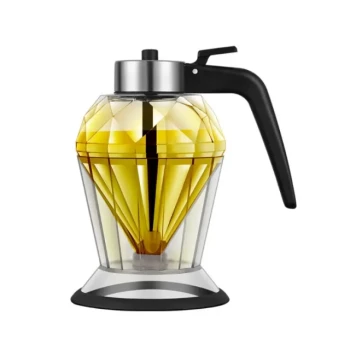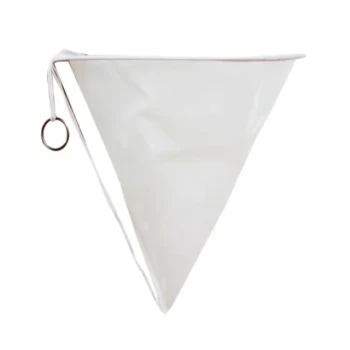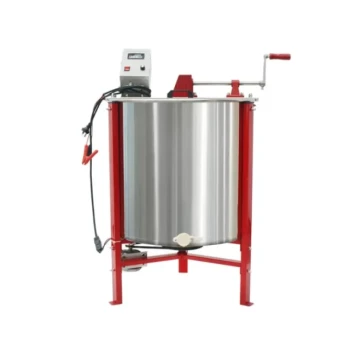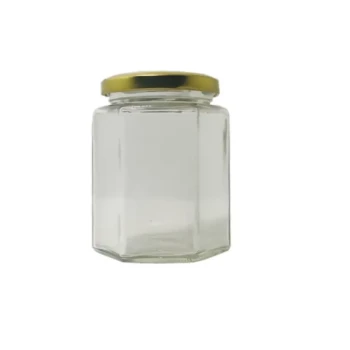When choosing honey for health benefits, not all varieties are created equal. Research shows raw honey retains significantly more enzymes, antioxidants, and antibacterial compounds than processed alternatives—but how do these differences translate to real-world wellness? This guide examines the science behind honey processing and its impact on nutritional value, backed by clinical insights.
The Nutritional Superiority of Raw Honey
Raw honey is nature’s multivitamin, packed with bioactive compounds that support digestion, immunity, and metabolic health. Unlike processed honey, which undergoes pasteurization and filtration, raw honey preserves its natural integrity—delivering measurable advantages.
Enzymatic Powerhouses: How Raw Honey Boosts Digestion
Raw honey contains active enzymes like diastase and invertase, which help break down carbohydrates and improve nutrient absorption. Processed honey, exposed to high heat during pasteurization, loses most of these enzymes—reducing its digestive benefits.
Antioxidant Profiles: From Phenolics to Flavonoids
Studies suggest raw honey’s antioxidant capacity can be 30–50% higher than processed versions due to retained pollen and plant compounds. Key antioxidants include:
- Phenolic acids: Combat oxidative stress
- Flavonoids: Support cardiovascular health
- Catalase: A potent enzyme with anti-inflammatory effects
Raw vs. Processed: The Impact of Pasteurization on Nutrient Loss
Processing honey extends shelf life and enhances clarity—but at what cost?
Heat’s Effect on Enzymes and Pollen
Pasteurization (heating honey to ~70°C/160°F) destroys heat-sensitive enzymes and degrades pollen, a primary source of antioxidants. For example:
- Glucose oxidase, an enzyme that generates antibacterial hydrogen peroxide, becomes inactive.
- Pollen content drops by over 90% in ultra-filtered honey.
Filtering’s Role in Reducing Antioxidants
Fine filtration removes:
- Pollen granules
- Bee propolis (a resin with immune-boosting properties)
- Wax particles
This creates a smoother product but strips away micronutrients linked to honey’s health benefits.
Validated Health Applications
Clinical research highlights raw honey’s unique advantages:
Clinical Evidence for Immune System Support
A 2020 review found raw honey’s polyphenols enhance white blood cell activity, improving pathogen defense. Processed honey showed minimal immune-modulating effects due to antioxidant loss.
Raw Honey as a Natural Antibacterial Agent
Studies confirm raw honey’s antibacterial potency against strains like Staphylococcus aureus, thanks to:
- Hydrogen peroxide (from preserved glucose oxidase)
- Low pH and high sugar content
- Methylglyoxal (MGO) in certain varieties (e.g., Manuka)
Processed honey’s antibacterial capacity is typically 40–60% lower, per lab tests.
Choosing Wisely: What Matters Most for Your Health?
For maximum benefits:
- Prioritize raw, unfiltered honey—cloudiness and crystallization signal intact nutrients.
- Avoid ultra-pasteurized products, often labeled “pure” or “liquid honey.”
- Store properly (room temperature, sealed) to preserve enzymes.
Ready to support healthier beekeeping practices? HONESTBEE equips commercial apiaries and distributors with premium beekeeping supplies—helping you produce nutrient-rich honey sustainably. Explore our wholesale solutions today.
Visual Guide
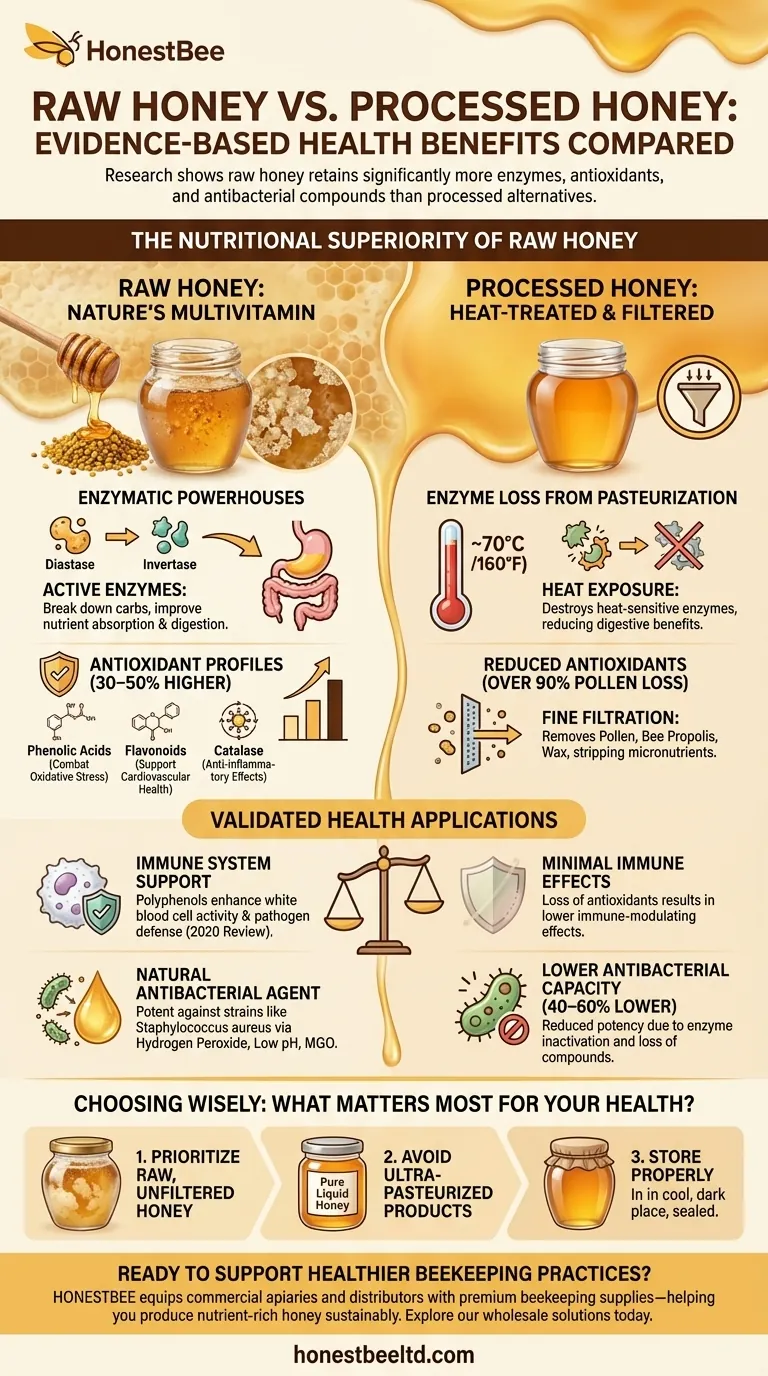
Related Products
- Honeycomb Style Drip Free Honey Dispenser
- Premium Diamond-Faceted Glass Honey Dispenser
- Extra-Wide All-Stainless Steel Honey Uncapping Fork with T-Handle
- Professional Durable Plastic Handle Honey Uncapping Fork
- Stainless Steel Honey Press Wax Press with Tank
Related Articles
- How to Prevent Honey Fermentation: The Science of Moisture Control for Beekeepers
- How to Accurately Test Honey Readiness: Science-Backed Methods for Beekeepers
- How Honey Processing Affects Nutrition: Science-Backed Insights for Healthier Choices
- How Beekeepers Prevent Honey Spoilage Through Precision Moisture Control
- Optimizing Honey Filtration: How Mesh Sizes Shape Quality and Market Appeal
